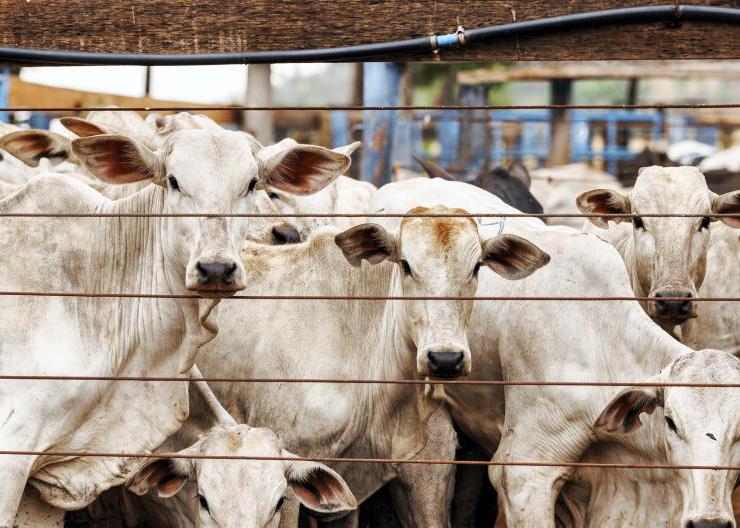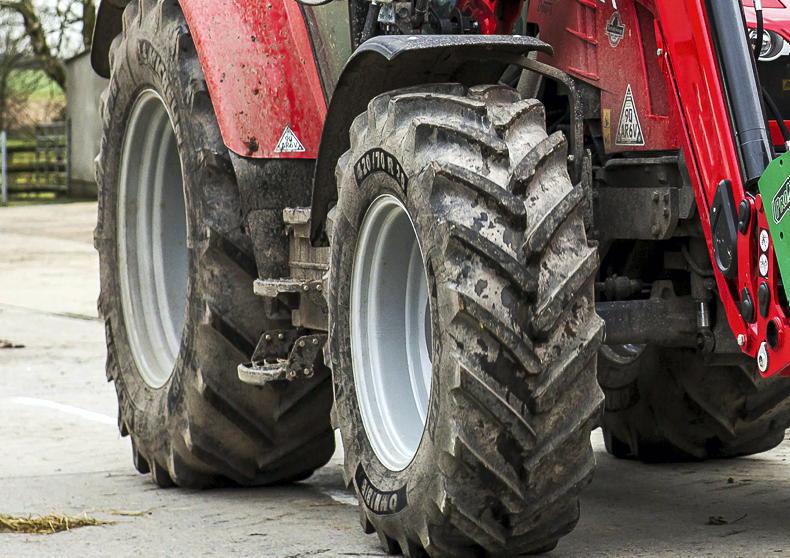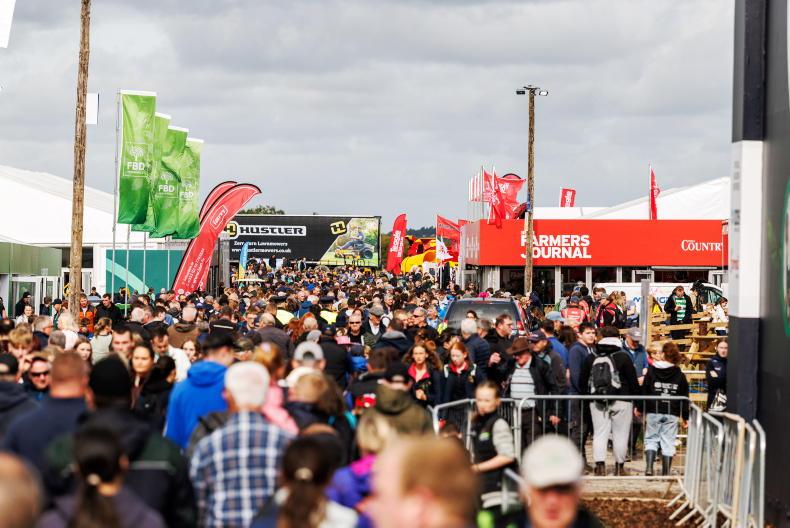More businesses are being inspected by HMRC for compliance with tax rules, according to Omagh-based accountant Seamus McCaffrey.
“We have noticed a trend, particularly over the last couple of months, of an increasing number of tax inquiries across the board. It’s for both VAT and income tax or, if you are trading as a company, corporation tax,” he said.
Speaking to reporters last week, McCaffrey explained that significant investment has been put into the computer system which is used to collect information for tax calculations, known as HMRC Connect.
He said HMRC has also been investing in training staff to carry out inspections, and most of these are now done online by an inspector based in Britain.
The HMRC person leading the inquiry is very well trained and knows your industry
In the past, inspectors generally focussed on one type of tax, such as VAT or income tax, but HMRC staff are now trained to audit businesses for all taxes.
“When you have a VAT inquiry, that can also cover income tax. The HMRC person leading the inquiry is very well trained and knows your industry,” McCaffrey said.
As part of an inquiry, HMRC officials can go through a business’s accounts for the previous four years, but if evidence of fraud is found, they can go back 20 years.
However, McCaffrey maintained that businesses are unlikely to face a lengthy audit process if irregularities do not show up at an early stage in the inquiry.
Payback
“It’s all about the revenue getting a decent payback from their time in the inquiry. If they see that they are not going to get money, they will drop the inquiry very quickly,” McCaffrey said.
“It is important to remember that HMRC is the tax collecting part of government, it is not the justice department,” he added.
Company structure
During his presentation to the Guild of Agricultural Journalists, McCaffrey also questioned the advice that many farmers should consider operating as a limited company, as opposed to a partnership or sole trader.
There is a lot of talk that everybody should have a company
“There is no broad brush that covers everything. What structure is appropriate to your particular farm, is the structure that you should put in place.
“There is a lot of talk that everybody should have a company. That is completely incorrect. There are many, many cases when a company structure is inappropriate for all sorts of reasons.”
He gave examples of farms that are not consistently making significant taxable profits, or businesses where there are several individuals involved who can utilise their personal allowances for income tax.










SHARING OPTIONS